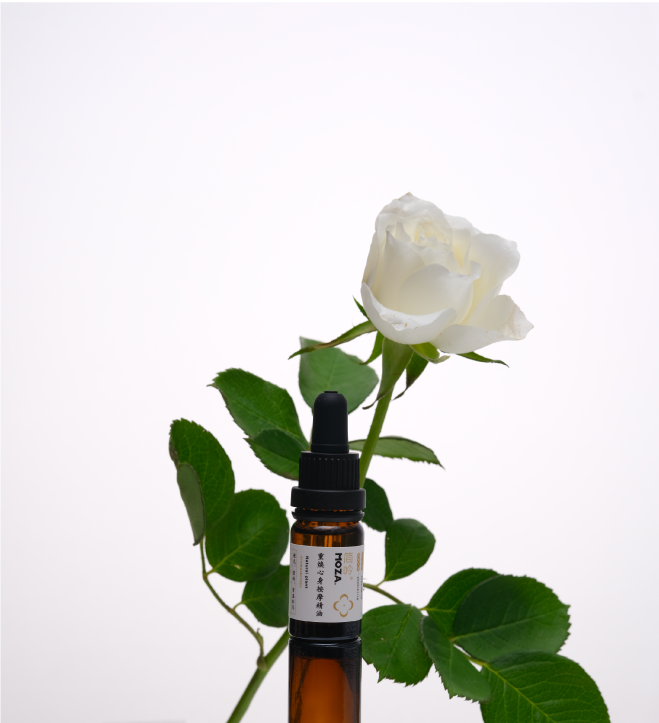Introduction
Stress, oh stress! It seems to be an inseparable part of our lives, lurking around every corner, waiting to pounce on us when we least expect it. But is all stress created equal? Is it always a bad thing? In this blog post, we will delve into the fascinating world of stress, unraveling its role in our lives, and exploring the difference between healthy stress and its not-so-friendly cousin, chronic stress. Buckle up, because we’re about to embark on a stress-busting journey!
The Good, the Bad, and the Stressed
First things first, let’s clear up a common misconception: not all stress is bad. In fact, a healthy dose of stress can actually be beneficial. It’s what motivates us to meet deadlines, tackle challenges, and push ourselves to achieve our goals. This type of stress, known as acute stress, is short-term and manageable. It’s like the energizing jolt of a double-shot espresso, giving us the boost we need to conquer the day.
On the other hand, chronic stress is the villain of the story. It’s the relentless, never-ending stress that wears us down, affecting our physical and mental well-being. Think of chronic stress as that annoying neighbor who never stops playing loud music at 3 am. It disrupts our sleep, drains our energy, and wreaks havoc on our health.
Mindfulness: The Stress-Busting Superpower
Now that we’ve identified the two stress superheroes, it’s time to equip ourselves with the ultimate stress-busting superpower: mindfulness. Mindfulness is all about being present in the moment, fully aware of our thoughts, feelings, and bodily sensations. It’s like hitting the pause button on the chaos of life and taking a deep breath.
One of the most effective mindfulness techniques for managing stress is meditation. Picture yourself sitting comfortably, closing your eyes, and focusing on your breath. As you inhale and exhale, let go of your worries and allow your mind to find a place of calm amidst the storm. Meditation helps us cultivate a sense of inner peace and resilience, enabling us to better cope with the challenges that come our way.
Another mindfulness gem is practicing gratitude. When we’re stressed, it’s easy to get caught up in a whirlwind of negativity. But by intentionally focusing on the things we’re grateful for, we shift our perspective and invite positivity into our lives. Start a gratitude journal, jotting down three things you’re thankful for each day. It could be as simple as savoring a delicious cup of coffee or appreciating the warmth of a cozy blanket. Gratitude is like a ray of sunshine breaking through the clouds, reminding us of the beauty that surrounds us.
Stress Management: Finding Your Zen
While mindfulness is an excellent stress management tool, it’s not the only one in our stress-fighting arsenal. Here are a few more strategies to help you find your zen:
- Exercise: Get those endorphins flowing! Engaging in physical activity releases feel-good chemicals in the brain, reducing stress and boosting your mood.
- Connect: Reach out to your support network. Share your feelings with a trusted friend or family member. Sometimes, a listening ear is all we need to lighten our emotional load.
- Unplug: Take a break from technology. Step away from the screens and immerse yourself in activities that bring you joy, whether it’s reading a book, going for a walk in nature, or trying out a new hobby.
- Sleep: Prioritize quality sleep. Establish a relaxing bedtime routine and create a sleep-friendly environment. A well-rested mind is better equipped to handle stress.
Conclusion
Stress may be an inevitable part of life, but it doesn’t have to consume us. By understanding the difference between healthy stress and chronic stress, and embracing mindfulness techniques for stress management, we can navigate the stormy seas of stress with grace and resilience. So, the next time stress knocks on your door, invite it in for a cup of tea, show it who’s boss, and send it on its way!







Leave a reply